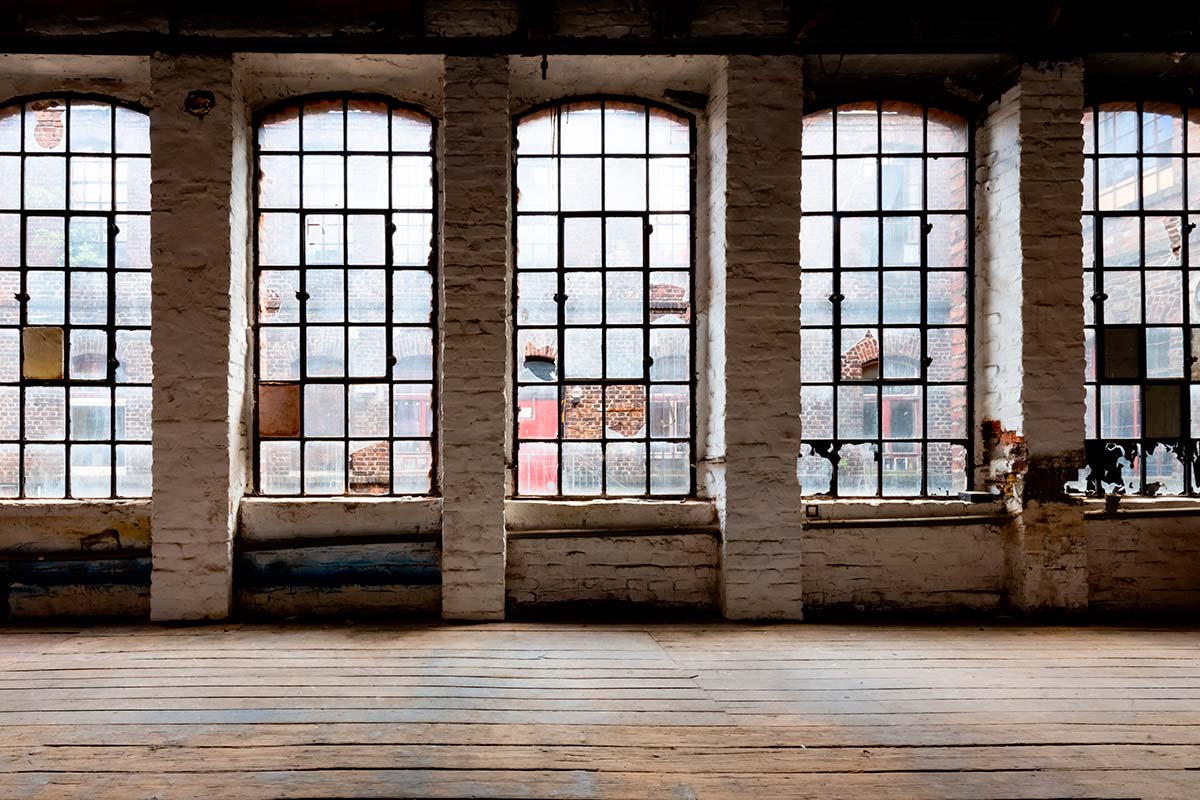When leasing a commercial property, there are different types of repairing liabilities which put different amounts of responsibility on the landlord and tenant.
Full Repairing and Insuring Lease (FRI): This is the most common type of repairing liability within commercial property lettings. FRI means the tenant is responsible for maintaining, repairing and insuring the entirety of the property from the moment the lease starts and at the end of the lease they will be expected to return the property in no worse condition than they took it on (see dilapidations). The Landlord will usually arrange the buildings insurance for the premises and charge the cost back to the tenant.
Effective Full Repairing and Insuring Lease (Effective FRI): This does not differ hugely from an FRI lease however is most commonly found in multi-let buildings where there are shared communal areas and/or shared external elements to the building. The landlord will charge the tenants a service charge which will generally cover the upkeep and maintenance of the external and communal areas of the building, as well as buildings insurance. The tenant will be responsible for paying a proportion of the overall cost for these services (under the service charge) and will usually only be directly responsible for arranging maintenance and repairs to the internal elements of their demise.
Internal Repairing and Insuring Lease (IRI): Less common within commercial property, this type of repairing liability means the tenant is only responsible for the upkeep and repairs to the internal elements of their demise. For instance, if there is an issue with the roof, this would be the landlord’s responsibility to repair. Generally, rents on an IRI lease will be higher than full repairing to compensate the landlord for the extra liability.
Points to consider
Do you know who is responsible for what? – Make sure you are clear before you sign the lease what you are going to be responsible for. The lease and Heads of Terms should give a clear indication of your repairing obligations.
Keep up with repairs throughout your lease to avoid a nasty surprise at the end – Many tenants ignore their repairing obligations, leaving all repair works until the end of the lease which can potentially either leave them with a long list of jobs to undertake before they move out or a huge dilapidations bill from their landlord for items they have not undertaken.
Do I have to redecorate before I move out? Check your lease. Many leases will require tenant’s to redecorate and even re-carpet within the last few months of the term.
Read the lease! – If you are not sure what you have signed up to or who should be maintaining what then this should be your first port of call. If you are not sure you can take advice from us or a commercial property solicitor.
Service charge – If you are paying one, do you know what is included? Make sure you see a copy of the budget and know what proportion you are responsible for.
Services we provide
If you are looking at taking on a lease with another agent – our commercial agents can provide you with advice or negotiate on your behalf in order that you get the best possible terms.
If you have already signed up to a lease – our lease consultancy team can review your lease and provide advice as to what your obligations are, and our building surveyors can help you put a maintenance plan into action to spread costs across the length of your lease.





